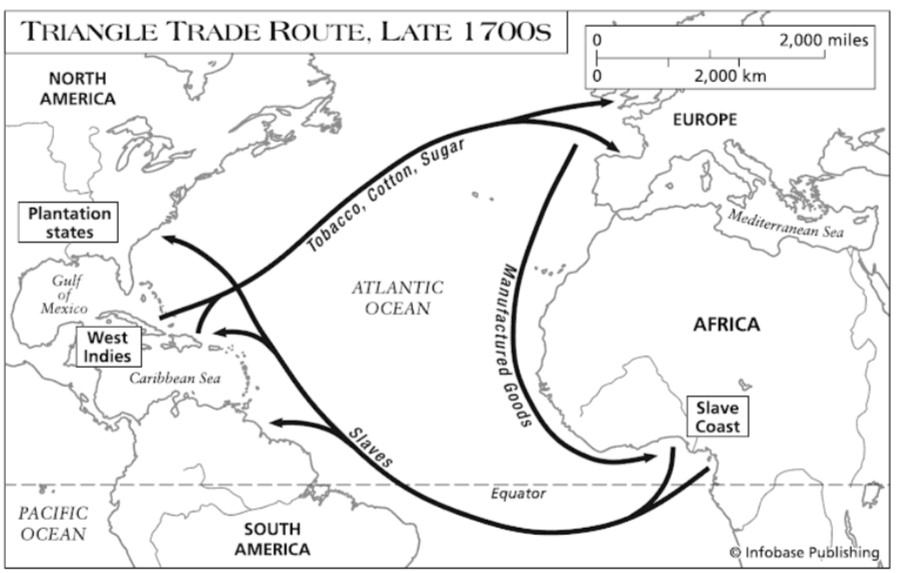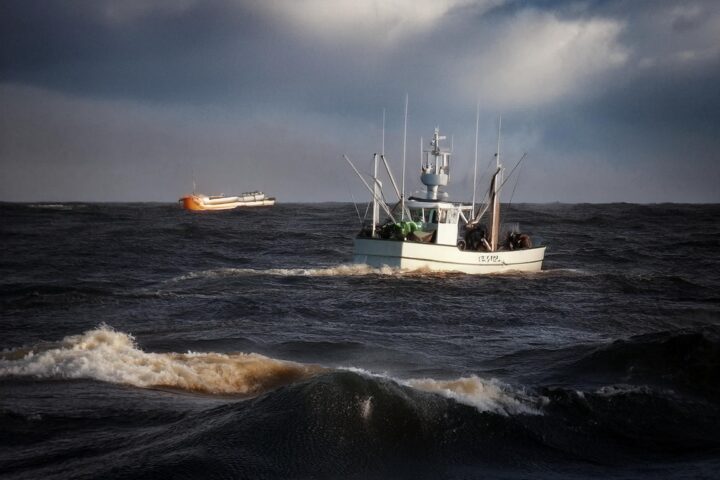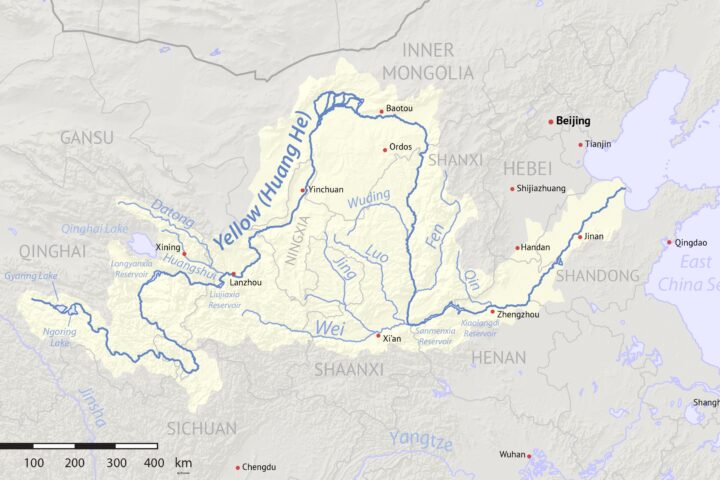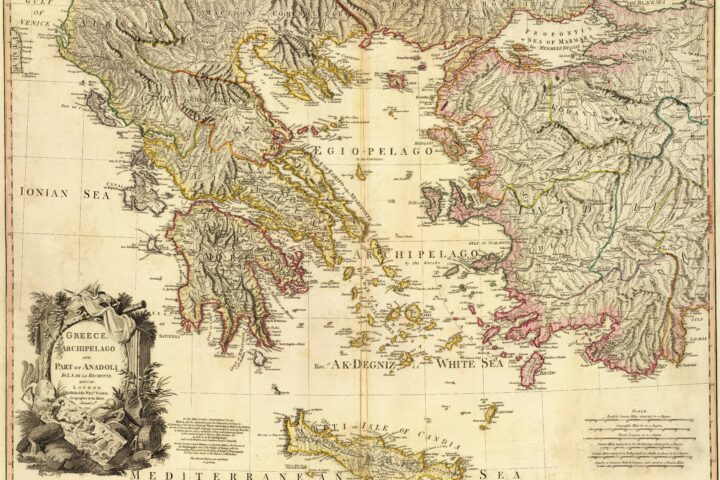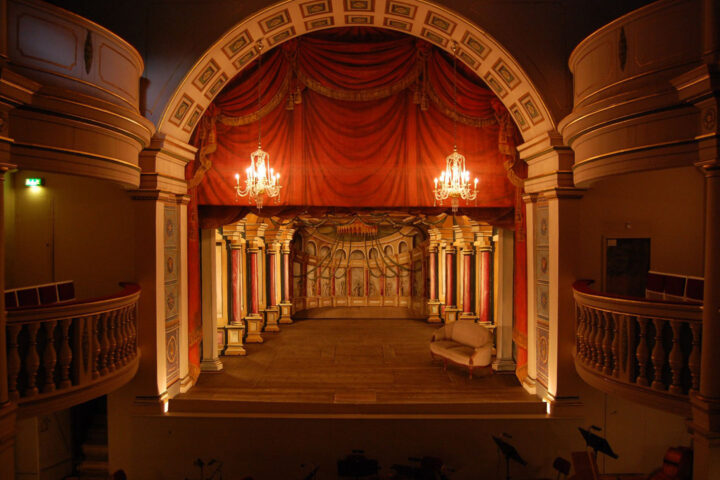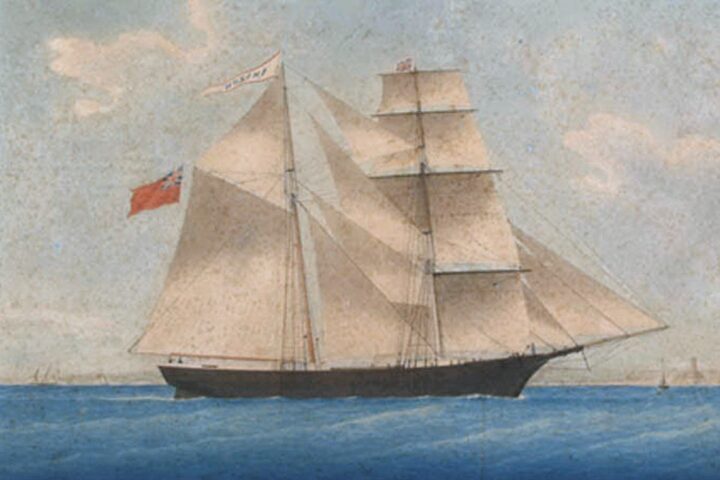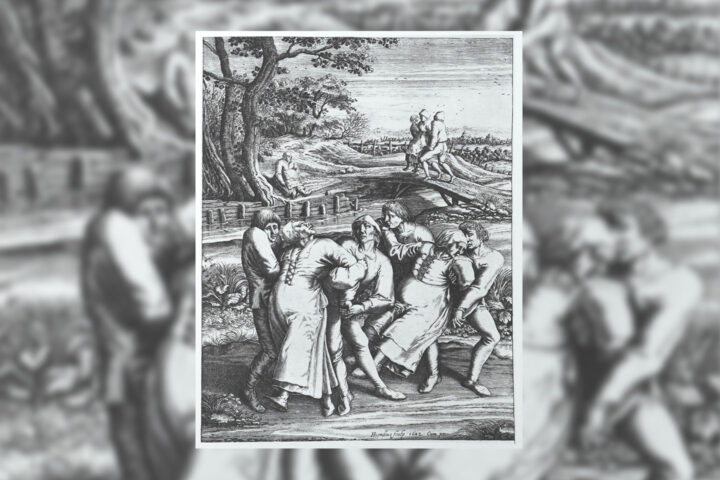Source: Wikimedia_By Dorothy Schneider and Carl J. Schneider
The Transatlantic Slave Trade is among the darkest chapters of human history, with Spain typically cast as the principal villain. A closer look, however, reveals a more nuanced plot in which Portugal is cast as the primary villain but has been largely lurking in the shadows. This article seeks to throw light on the considerable role Portugal played in the slave trade, set straight some myths, and thereby finally result in a better understanding of this horrendous period.
Portugal’s Maritime Prowess and African Exploration
The development of how Portugal would become one of the great maritime powers of the 15th century serves as a basis for its inclusion in the trade of African slaves. The Age of Exploration—an era characterized by Prince Henry the Navigator—is the period during which ships from Portugal were dispatched to the unknown West African waters. The driving force behind this exploration was gold, spices, and an attempt to colonize other lands to expand Christianity.
The further south down African shores the Portuguese explorers sailed, the more they met with vigorous kingdoms and sophisticated societies. The nature of the first contact was in the form of trade, as gold, ivory, and pepper were traded in return for some of the commodities produced in Europe. These, however, were the first contacts that would culminate into a much more nefarious business.
The Birth of the Slave Trade
The change from trade to the slave trade was slow and relentless. There are several factors explaining the change. First, the complicated sugar plantations on the Atlantic islands of Madeira and the Canaries created a demand for a cheap and abundant workforce to labor these fields. Second, the mindless discovery of the Americas opened up vast new territories for colonization, all demanding a lot of labor in the exploitation of the land.
Portuguese traders began to collect Africans by force and transfer them to these islands as slaves to work on them. Even though the trade began in a minimal manner at its initiation, in no time, the trade grew to sustain the increasing demand of the sugar and other plantation crops.
The Portuguese Monopoly
For the most part of the 16th century, Portugal nearly enjoyed a monopoly on the African slave trade. The Portuguese crown was giving exclusive rights to a number of persons and companies, and the result became a very good business that brought riches to only a few individuals at the top. They solidified their hold on the region by establishing forts and trading posts along the African coast.
These fortified outposts were military and commercial centers, securing Portuguese traders and enhancing the trade of slaves. Elmina Castle, the most notorious of these forts built along the Gold Coast, turned out to be one of the prime sites exporting slaves.
The Angola to Brazil Route
As the demand for slaves by this time for the plantations in the Americas grew, so did the extent of Portuguese activities. The Kongo Kingdom, located in the interior region of Africa, came up as the primary area for source for the slaves. They could hence open an extremely lucrative line between Angola, by then a dominion of theirs and their South American colony, Brazil. It, therefore, served as the major conduit of the transatlantic slave trade.
The Portuguese developed efficient methods of capturing, moving, and marketing slaves. They set up a range of intermediaries and collaborators within African societies, leaving them much of the dirty work—often at that, taking advantage of rivalries and already-present conflicts to secure captives. The voyage to the Americas was a horrible one because the inhumane conditions on these vessels often led to the deaths of hundreds of Africans from disease and malnourishment.
The Legacy of Portuguese Involvement
This involvement of Portugal in the transatlantic slave trade is one such historical chapter that has not gained much attention. The nation was not singularly a perpetrator, but its early involvement and degree paved the way for a massive trade to follow. Millions around the world continue living legacies spawned from this dark period in human history.
This history cannot be fully explained without considering the context within Portugal. In recognizing the past, we should do our best to have this experience help guide us toward not repeating such atrocities in the future.
The Economic and Social Effects of Portuguese Colonialism
The colonial empire was inseparable from Portugal’s involvement in the slave trade. In fact, it can be argued that the economic bases of the Portuguese colonial system were very firmly rooted in the exploitation of African labour. Sugar plantations in Brazil became particularly highly profitable businesses through the compelled work of enslaved Africans. The resources gathered from such plantations helped in greasing the economy of the colonizing state and facilitated the crown in further pursuing its colonial assets.
Aside from the fact that it did not succeed in meeting and fulfilling all the economic implications that it embroiled, the social consequences of the Portuguese slave trade were far-reaching. The huge induction of enslaved Africans into Brazilian society resulted in the Brazilian social structure becoming a highly complex system of races. Although the ruling classes were from amongst the Portuguese settlers, the African slaves were always at the very bottom. A mixed-race population came to be with time, referred to as mestizos, further sowing the colony’s social dynamics.
The legacy of slavery persisted in shaping Brazilian society long after the trade had been thus stopped. The radical differences of the socioeconomic development of white and black people, initiated during the colonial times, remained unchanged for centuries. Even after abolition, the descendants of the enslaved Africans faced high obstacles in the spheres of education, employment, and other benefits that could have developed a vicious circle of poverty and inequality.
The Decline of Portuguese Dominance
Although for quite a long time, Portugal’s control over the slave trade was unmatched, by the 17th century, it had begun to decline. The Dutch and English, in particular, already firmly in position, exhibited clear maritime competition and their independence from Portuguese dominance along the African coast and through control of the sea lanes. These powers, along with the French, who established colonies in the Americas, also created their own slave trading networks.
The competition for slaves increased the level of violence and instability in Africa. Since all the different European powers were in competition to take control of as many coastal regions as possible, they would often support local warlords, and the resulting conflicts served to capture huge masses of people. The deterioration of the already elevated level of slavery had disastrous effects on African societies and engendered economic dislocation, political destabilization, and the great infliction of human suffering.
The Abolition of the Slave Trade
The moral reprehension against the institution of slavery was now being mixed with growing Enlightenment ideals that put mounting pressure on the abolition of the slave trade. Britain spearheaded the movement in the early 19th century by passing acts banning the slave trade and subsequently using its navy in trying to enforce such prohibitions. Other European powers followed, and the formal end of the transatlantic slave trade was finally achieved.
However, the abolition of the trade did not, of course, immediately mean the end of slavery itself. In most colonies, enslaved people were still held in bondage, and so much of the practice had continued in clandestine forms. Emancipation was slow and quite difficult. Even after the formal abolition of slavery, former slaves remained second-class citizens within their societies and coped with economic difficulties, thus constituting an ironic and tragic legacy in human history.
The Enduring Impact
The transatlantic slave trade is evidently complex and the Portuguese involvement an area often bypassed when discussing the history. Although the involvement of this nation was part of a wider European phenomenon, the early and significant participation had a bearing on the course entirely. The impact of the period economically, socially, and politically continued to resonate with the societies that were involved.
This might be necessary for understanding the legacy of the slave trade, notably in respect of the history’s development and, more precisely, of Portugal’s role. Acknowledging yesterday may just help us clear the way for a fairer and more just world for all today.
Conclusion
The Portuguese first laid the foundations and developed the transatlantic slave trade. Exploration of Africa with the greater demand for labor in their colonies led to this horrific enterprise. Even though the Spanish and other European powers also played major major role, it is foundational to the Portuguese.
By showing the full extent of Portugal’s involvement, we can gain a better appreciation for the true magnitude of the slave trade and its lasting impact. Only through honest, full historical review can we hope to not have these tragedies repeated.
Sources:
- https://ldhi.library.cofc.edu/exhibits/show/africanpassageslowcountryadapt/introductionatlanticworld/trans_atlantic_slave_trade#:~:text=In%20the%20fifteenth%20century%2C%20Portugal,a%20small%20number%20to%20Europe.
- https://en.wikipedia.org/wiki/Slavery_in_Portugal
- https://oxfordre.com/africanhistory/display/10.1093/acrefore/9780190277734.001.0001/acrefore-9780190277734-e-903
- https://www.theguardian.com/world/2023/oct/05/portugal-grapples-with-legacy-of-colonial-past-slave-trading

